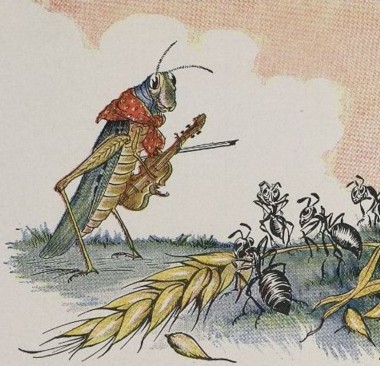Paraphrased from Wiki
Eye contact can suggest intimacy or hostility. Eye contact and facial expressions provide important social and emotional information; people, perhaps without consciously doing so, probe each others' eyes and faces for positive or negative mood signs. In some contexts, the meeting of eyes arouses strong emotions. Cultural differences:
In the Islamic faith, Muslims often lower their gaze and try not to focus on the opposite sex's faces and eyes after the initial first eye contact, other than their legitimate partners or family members, in order to avoid potential unwanted desires. In many cultures, such as East Asia and Nigeria, it is respectful not to look the dominant person in the eye, but in Western culture this can be interpreted as being "shifty-eyed".
Animals of many species, including dogs, often perceive eye contact as a threat.
The great differences, and the inter-species connection goes to prove that eye contact is a very powerful henomena.




















